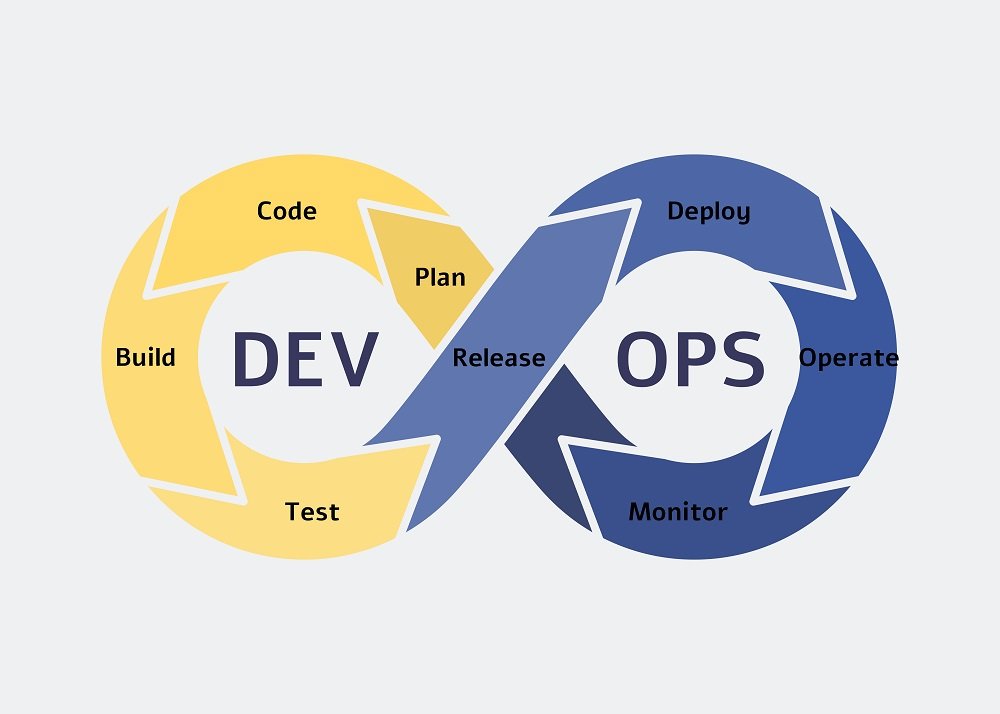DevOps is a set of practices that works to automate and integrate the processes between software development and IT teams. The term DevOps was formed by two words ” development ” and “operations” and signifies a cultural shift that bridges the gap between development and operation teams.
The adoption of DevOps culture along with DevOps practice and tools, teams can gain the ability to respond better to customer needs and achieve business goals by increasing confidence in the applications they build.
The CALMS framework For DevOps
There is a particular framework for DevOps, called CALMS which can assess a company’s ability to adopt DevOps processes and make the required changes utilizing DevOps transformation.
1.Culture- DevOps is a different approach to development. The companies which have adopted DevOps culture have open channels of communication. The operations team can invite their key developers to their meetings.
- Automation- It reduces the repetition of manual works and helps you to create more efficient systems with the help of automation. DevOps helps the developers to create modular applications since they are more reliable and maintainable.
- Continuous Improvement with Lean- DevOps development always finds space for continuous improvement. Their concept is that if the product is improved continuously, the customers will stick around for some more time.
- Measurement -Nowadays with the help of DevOps, there are loads of tools and technologies for measuring performance. The several questions like the duration a user takes to use the product or how many bugs or failures happen? With a solid foundation in hand with the help of DevOps, you can map the customer journey.
- Sharing- There is long-standing friction between the development and operations team due to the lack of common ground. Sharing responsibility has been embraced by teams which utilize DevOps which have a rotating role whereby developers address issues caught by end-users, on the other hand, troubleshooting problem occurs. Being available to the operations team, the development teams build trust and respect.
The DevOps model relies more on the use of effective tools which can help teams rapidly deploy for their customers. With the help of DevOps tools, automation of work can help manage the time scale for development in a hassle-free manner, hence the customers can opt for a more efficient work model.



